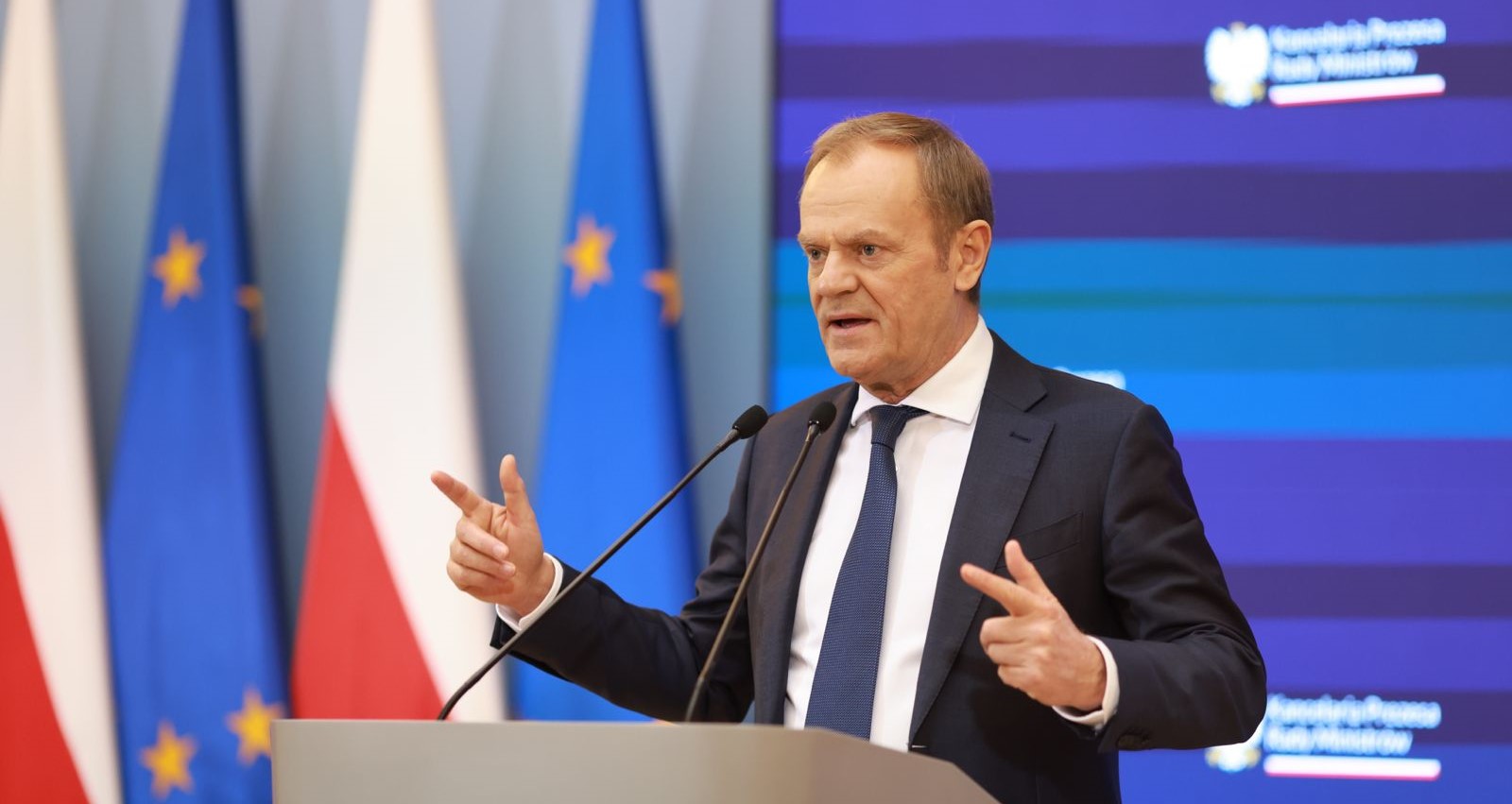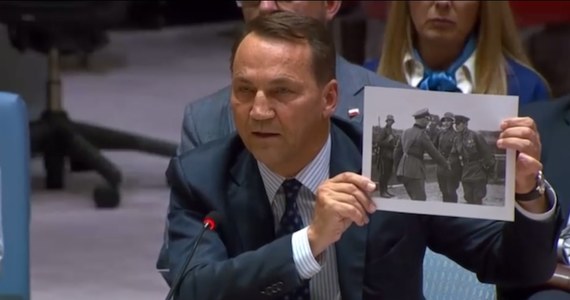Tusk withdraws former government’s challenge to European convention on domestic violence

Prime Minister Donald Tusk has withdrawn the former Law and Justice (PiS) government’s move to question the constitutionality of – and potentially even withdraw Poland from – a European convention against domestic violence.
“The Istanbul Convention is intended to protect women and children from violence. According to Prime Minister [Mateusz] Morawiecki, it was inconsistent with the constitution and he submitted an application to the Constitutional Tribunal in this regard,” said Tusk today, referring to his PiS predecessor.
“We are withdrawing that motion,” declared Tusk. “The protection of women and children from violence should never be the subject of a political argument.”
Premier @donaldtusk podczas konferencji prasowej po posiedzeniu #RadaMinistrów w #KPRM: Konwencja Stambulska ma chronić przed przemocą kobiety, dzieci. Według premiera Morawieckiego była niezgodna z Konstytucją i złożył w tej sprawie wniosek do TK. My ten wniosek wycofujemy. pic.twitter.com/RFu8sL8JA1
— Kancelaria Premiera (@PremierRP) January 30, 2024
The Istanbul Convention, a treaty of the Council of Europe to prevent and combat violence against women and domestic violence, was ratified by Poland in 2015, the last time Tusk’s centrist Civic Platform (PO) party was in power.
The national-conservative PiS – then in opposition – was opposed to ratification. It argued at the time that, while domestic violence should be prevented, the treaty was an attempt to promote “gender ideology” because it defines gender as a social construct rather than a biological one.
PiS then came to power in late 2015 and in 2020 its justice minister, Zbigniew Ziobro, announced that he would begin the process of withdrawing Poland from the convention, which he said “promotes LGBT family relationships”.
Poland will begin the process of withdrawing from a European convention on violence against women, the justice minister has confirmed, saying it „promotes LGBT”
Protesters against the decision say the aim is to remove protections against domestic violence https://t.co/iCGEU356WK
— Notes from Poland 🇵🇱 (@notesfrompoland) July 25, 2020
A few days later, Morawiecki announced that he had submitted a request to the Constitutional Tribunal (TK) to determine whether the Istanbul Convention is consistent with Poland’s constitution.
“Many people are making serious objections…that it conflicts with our legal order, has an ideological basis, and incorrectly defines the true sources of violence towards women,” said Morawiecki at the time. “As a government, we partly share these concerns.”
Among the issues raised in the prime minister’s submission to the TK was that the term “gender” had been mistranslated in the Polish version of the treaty. (The Polish language does not have a direct equivalent of the word.)
Poland has vetoed an EU statement on the safety of LGBT people, arguing that it “privileges homosexuals” while ignoring crimes against Christians.
It also opposed an EU directive on combating violence against women because of its use of the term “gender” https://t.co/u0zZjOUg7O
— Notes from Poland 🇵🇱 (@notesfrompoland) June 9, 2023
However, both Morawiecki and Ziobro emphasised that their actions did not mean the government was soft on domestic violence. They argued that, in fact, they had introduced tough new policies to combat the problem.
In 2021, the Council of Europe itself issued a report praising the “important new measures” introduced by the PiS government “with the aim of achieving greater protection for victims of domestic violence and…sexual violence”.
Despite the criticism of the Istanbul Convention in 2020, the PiS government’s decision to send the issue to the TK effectively ended any move to withdraw Poland from the treaty. The TK, a body seen as being under PiS influence, has not dealt with Morawiecki’s request since then.
Poland has introduced new rules broadening the definition of domestic violence and expanding measures to support victims and deal with perpetrators.
The legislation, signed by the president yesterday, was supported by every party apart from the far right https://t.co/hsKOrbhesp
— Notes from Poland 🇵🇱 (@notesfrompoland) March 17, 2023
In his announcement today, Tusk said he had already signed documents to withdraw Morawiecki’s request to the TK. “I hope this will definitively end this unnecessary quarrel over the obvious convention that we agreed on years ago,” he said.
All members of the Council of Europe apart from Azerbaijan signed the Istanbul Convention, though six – Armenia, Bulgaria, the Czech Republic, Hungary, Lithuania and Slovakia – did not subsequently ratify it.
In 2021, Turkey withdrew from the treaty. It argued that a measure “originally intended to promote women’s rights has been hijacked by a group of people attempting to normalise homosexuality”.
Notes from Poland is run by a small editorial team and published by an independent, non-profit foundation that is funded through donations from our readers. We cannot do what we do without your support.
Main image credit: KPRM (under CC BY-NC-ND 2.0 PL)

Daniel Tilles is editor-in-chief of Notes from Poland. He has written on Polish affairs for a wide range of publications, including Foreign Policy, POLITICO Europe, EUobserver and Dziennik Gazeta Prawna.






